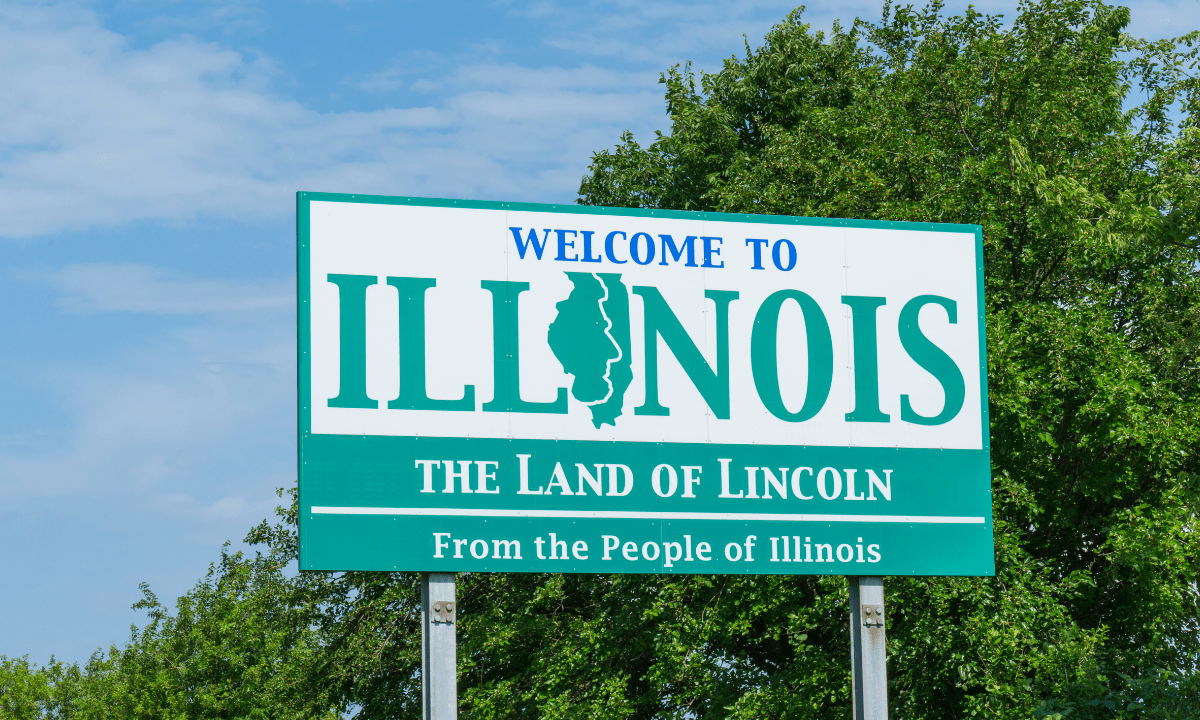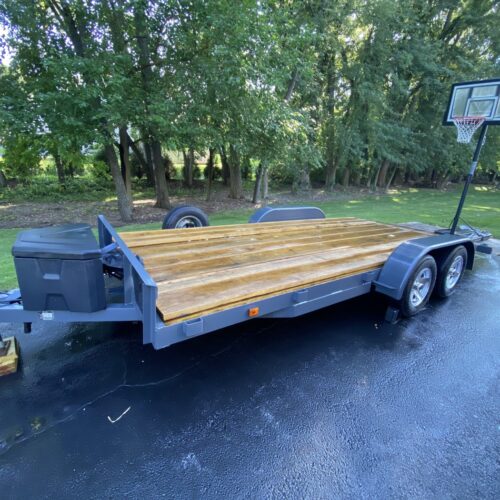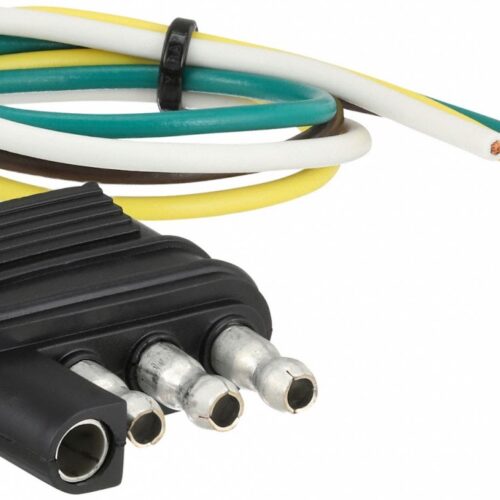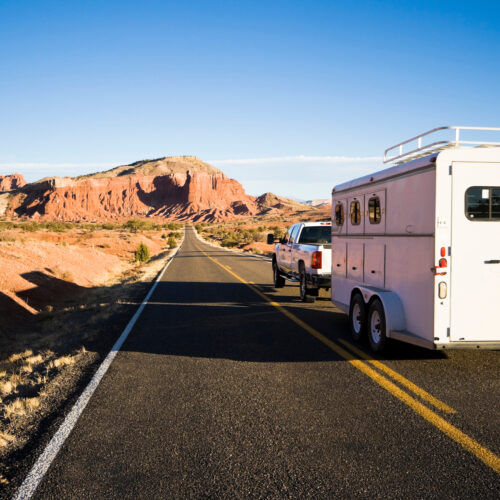When it comes to towing a trailer in Illinois, it’s important to know the state-specific rules to ensure both safety and compliance. Whether you’re towing for work, leisure, or just moving heavy equipment, understanding Illinois’ towing regulations will help you avoid fines and ensure a smoother trip. Let’s dive into the key trailer towing laws for Illinois.

1. Trailer Weight and Classifications
Illinois trailer towing laws require a careful balance between the weight of your tow vehicle and the trailer. Here are the weight classifications to keep in mind:
- Trailer Brake Requirements: If your trailer has a gross weight of 3,000 pounds or more, it must be equipped with its own braking system. This ensures that the trailer can be stopped safely without relying solely on the tow vehicle’s brakes.
- Class of Vehicle: The class of your vehicle and trailer combination will depend on the weight you’re towing. Make sure your vehicle has a high enough Gross Vehicle Weight Rating (GVWR) to safely pull the trailer and cargo.
2. Safety Chains
Illinois law requires trailers to be secured with safety chains or an equivalent backup connection. These chains act as a safeguard if the primary coupling fails, preventing the trailer from disconnecting from the tow vehicle completely. Be sure that the chains are strong enough to support the trailer’s weight and that they are attached correctly to avoid dragging.
3. Lighting Requirements
To ensure visibility on the road, Illinois mandates that trailers be equipped with certain lights:
- Tail Lights: All trailers must have two functioning tail lights.
- Turn Signals: Functional turn signals are required to indicate direction changes.
- Brake Lights: Brake lights must be installed and operational on trailers.
- License Plate Light: The license plate must be illuminated by a light to make it visible at night. Ensuring all lights are working properly is essential for road safety, especially when towing after dark.
4. Safety Equipment
In addition to lighting and braking requirements, trailers in Illinois must have the following safety features:
- Reflectors: Trailers are required to have red reflectors on the rear. These are necessary for making your trailer visible to other drivers at night.
- Flares or Warning Devices: If your trailer or tow vehicle breaks down on the side of the road, you must have flares, reflective triangles, or similar warning devices to alert oncoming traffic.
5. Trailer Hitch and Coupling Requirements
A strong and properly installed trailer hitch is required by Illinois law. Additionally, make sure the hitch and coupling device are securely attached to both the tow vehicle and the trailer. Illinois mandates that the hitch and coupling must be in good condition to prevent any potential disconnection during transit.
6. Maximum Length, Width, and Height
Towing in Illinois comes with size restrictions:
- Maximum Trailer Length: The combined length of the towing vehicle and trailer cannot exceed 65 feet.
- Maximum Width: The trailer, including any load, must not exceed 8.5 feet in width.
- Maximum Height: The height of the trailer, including the load, cannot be taller than 13.5 feet. Oversized loads may require a special permit, so be sure to verify your dimensions if you’re towing large items.
7. Speed Limits
Illinois has specific speed limits for vehicles towing trailers. While the general speed limit on highways is 65-70 mph, vehicles towing trailers are typically limited to 55 mph on highways and interstates. Always check for posted signs, as speed limits can vary based on road conditions and the type of highway.
8. Double Towing
Illinois does not permit triple towing, meaning you cannot tow two trailers behind a single vehicle. However, if you need to transport multiple trailers, you may have to plan for additional trips or utilize a larger, specialized vehicle to handle the load.
9. Insurance Requirements
It’s also important to ensure that both your tow vehicle and trailer are properly insured. Illinois law requires liability insurance for any motor vehicle, including those towing trailers. Check with your insurance provider to make sure your policy covers towing and potential damages to your trailer or cargo.
10. Permits for Oversized or Overweight Loads
If your trailer or load exceeds the state’s size or weight restrictions, you may need a special permit. You can obtain an oversized load permit from the Illinois Department of Transportation (IDOT). Be sure to apply in advance and follow the designated routes for oversized loads.
Conclusion
Towing a trailer in Illinois requires adhering to specific safety regulations and laws designed to protect both drivers and others on the road. Whether you’re towing a small utility trailer or a larger camper, understanding the state’s towing requirements can save you from unnecessary fines and ensure a smooth ride. Always check the condition of your equipment before hitting the road, and make sure you comply with the state’s weight, length, and safety standards. Safe travels!




